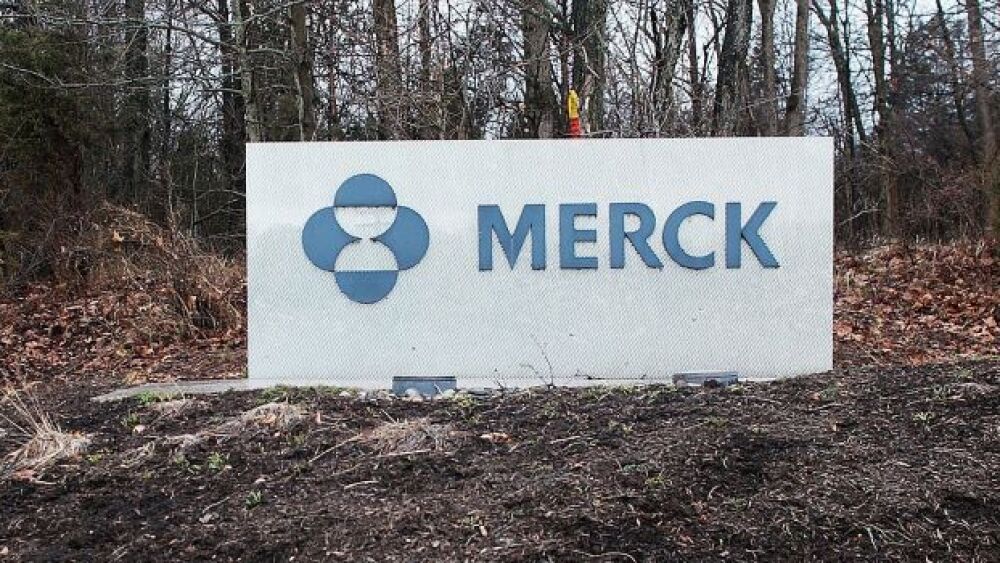Merck has announced positive results from its Phase III KEYNOTE-522 study on the use of KEYTRUDA alongside chemotherapy in high-risk early-stage triple-negative breast cancer.
Chris Hondros/Getty Images
Merck has announced positive results from its Phase III KEYNOTE-522 study on the use of KEYTRUDA alongside chemotherapy in high-risk early-stage triple-negative breast cancer.
KEYTRUDA (pembrolizumab), an anti-programmed death receptor-1 (PD-1) therapy, has the ability to boost the immune system’s response to tumor cells. As a humanized monoclonal antibody, it blocks the interaction between PD-1 and its ligands (PD-L1 and PD-L2), which then activates lymphocytes that affect both tumor and healthy cells. It is administered as a 100mg injection.
It is indicated for several diseases in the United States, including unresectable or metastatic melanoma, non-small cell lung cancer, head and neck squamous cell cancer, primary mediastinal large B-cell lymphoma, urothelial carcinoma, esophageal cancer and cervical cancer, among several others.
In the KEYNOTE-522 trial, about 1,174 patients were randomized 2:1 to two groups. The first group received either KEYTRUDA every three weeks, plus paclitaxel weekly and carboplatin weekly or every three weeks (four cycles), followed by KEYTRUDA plus cyclophosphamide and either epirubicin or doxorubicin every three weeks pre-surgery (four cycles), and then nine cycles of Keytruda every three weeks. The other group received a chemotherapy-placebo treatment for the same duration and number of cycles.
The researchers found that Keytruda helped meet the dual primary endpoints of pathological complete response (pCR) and event-free survival (EFS) when the study ended. The trial also looked into overall survival, which did not cross the threshold to declare statistical significance but did demonstrate a 28% reduction in risk of death versus the placebo group.
“These data, which supported the FDA approval and updates to the NCCN guidelines, establish that KEYTRUDA plus chemotherapy as neoadjuvant therapy followed by adjuvant KEYTRUDA could change clinical practice for the treatment of patients with high-risk early-stage TNBC. KEYNOTE-522 is the first prospective randomized Phase 3 trial to show an improvement in event-free survival among patients,” said Dr. Peter Schmid of the Center for Experimental Cancer Medicine at the Barts Cancers Institute in London.
TNBC is a type of breast cancer with a high recurrence rate typically within the first five years from the time it is diagnosed. About 10 to 15% of breast cancer patients have TNBC, and it tends to be common in people who have a BRCA1 mutation, are younger than 40 years and are African American.
This treatment plan using KEYTRUDA is approved in the U.S. for high-risk early-stage TNBC. Merck is reportedly working on getting regulatory approvals abroad as well. There are currently over 1,700 trials evaluating KEYTRUDA across different types of cancers and treatment settings.
Details of KEYNOTE-522 are published in the New England Journal of Medicine.





